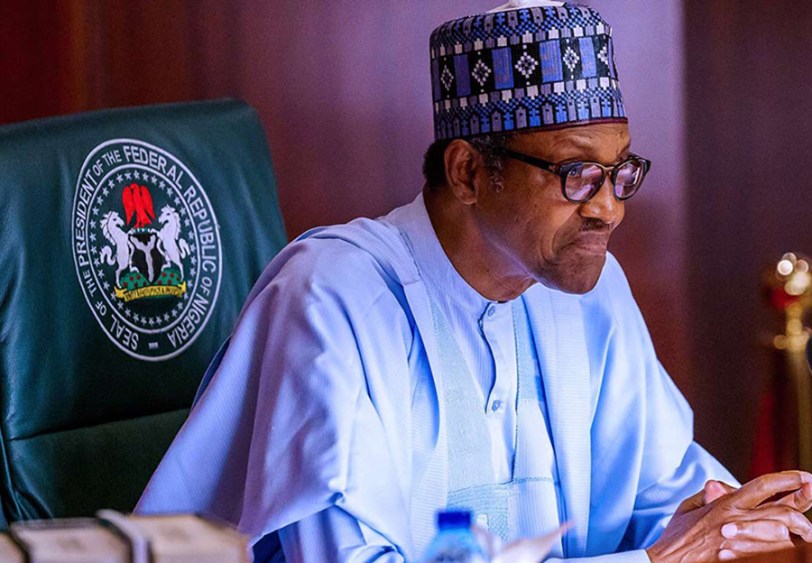President Muhammadu Buhari will, tomorrow, present the 2022 budget to a joint session of the National Assembly.
Deputy Senate President, Ovie Omo-Agege, dropped the hint yesterday when he referred to the Nigerian leader’s submission of the revised 2022-2024 Medium Term Fiscal Framework (MTFF) to the Committee on Finance for consideration.
The Senator Solomon Olamilekan Adeola-led panel was mandated to report back today.
“You will have to report back to us latest tomorrow (Wednesday) to enable us to use it as a predicate for the budget presentation on Thursday,” Omo-Agege said.
Buhari, in a letter to the upper chamber dated October 4, 2021, explained that the revision was necessitated by the need to reflect the new fiscal terms in the Petroleum Industry Act (PIA) 2021, as well as other critical expenditures in the 2022 budget.”
According to him, the underlying drivers of the 2022 fiscal projections such as oil price benchmark, production volume, exchange rate, GDP growth and inflation rate, reflect emergent realities and macroeconomic.
Besides, the President forwarded the revised national economic framework for consideration and approval by the House of Representatives.
He offered some explanation for the decision.
Prior to his return yesterday from the inauguration of Prime Minister Abiy Ahmed of Ethiopia for a second five-year term in office, Buhari pledged Nigeria’s support for South Sudan’s political and economic stability.
He made the pledge during a bilateral meeting with President Salva Kiir of South Sudan.
Buhari also promised to back to all efforts at bringing long-term stability and prosperity to the continent.
“Nigeria will contribute its quota as much as possible to the development of South Sudan. Take us into confidence and ask us what we can do,” he added.
Stressing the need for cooperation among developing countries, the Nigerian leader said with the right investment in education, an improved economy and healthcare, things would surely improve.
On the developments in Guinea and Mali, President Buhari reiterated that African leaders must support efforts at restoring civil rule in both countries.
The President expressed concern that as long as Libya remains unstable, the proliferation of arms and other problems in the Sahel region would continue.
In his remarks, President Kirr, who acknowledged Nigeria’s leadership role in Africa, appreciated the country’s effort in the liberation struggle of South Sudan.
He also commended the First Lady of Nigeria for assisting in the education of many South Sudanese girls.
“In West Africa, ECOWAS intervenes immediately whenever a country has a problem. That should be adopted in East and Central Africa,” he said.
The pair was among the several African leaders that attended the event.


